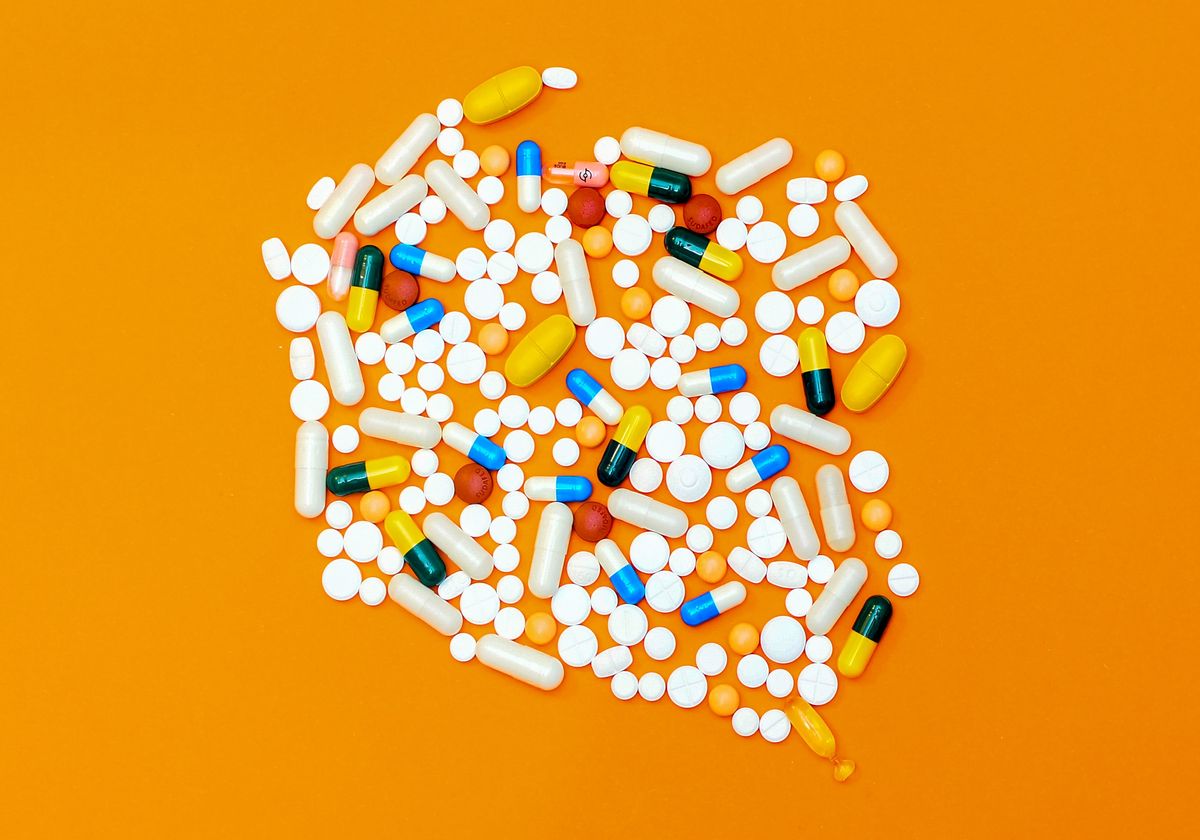Pregnancy is the most sacred time during a woman’s lifecycle. A time where you prioritize maintaining a healthy mind and body. Many expecting mothers focus on following a healthy diet, consisting of enough vital nutrients that their baby would need to for health fetal development and growth. Most doctors and gynecologists recommend prenatal supplements to aid the growth cycle through the entire pregnancy cycle, from conception to breast feeding.
However, navigating the oversaturated vitamin and supplement space can be overwhelming for an expecting mother, and understanding the benefits of the different nutrients your body needs during your pregnancy can be difficult to understand. Here is a quick crash course in all things prenatals!
What is a prenatal?
Women need a variety of nutrients in order to support pregnancy. And while it’s technically possible to fill those nutrient needs through a healthy diet, it can also be very difficult. Prenatal vitamins are designed to help fill nutritional gaps in a mother-to-be’s diet—which supports the baby, as well. You should always consult with your doctor before to make sure you are taking the right kind of prenatal.
What are the essential nutrients my body needs pre/during pregnancy?
All nutrients are important, but these six play a key role in your baby’s growth and development during pregnancy:
- Folic acid
- Iron
- Calcium
- Vitamin D
- DHA
- Iodine
Folic Acid: Folic acid is a B vitamin that every cell in your body needs for healthy growth and development. Taking folic acid before and during early pregnancy can help prevent birth defects of the brain and spine called neural tube defects (also called NTDs). The daily recommended dosage for folic acid while pregnant is 600 micrograms.
Iron: Iron is a mineral. Your body uses iron to make haemoglobin, a protein that helps carry oxygen from your lungs to the rest of your body. You need twice as much iron during pregnancy than you did before pregnancy. When you’re pregnant, your body needs this iron to make more blood so it can carry oxygen to your baby. Your baby needs iron to make his own blood. During pregnancy you need 27 milligrams of iron each day.
Calcium: Calcium is a mineral that helps your baby’s bones, teeth, heart, muscles and nerves develop. During pregnancy, you need 1,000 milligrams of calcium each day. If you don’t get enough calcium during pregnancy, your body takes it from your bones and gives it to your baby. This can cause health conditions, like osteoporosis, later in life. In this condition, your bones become thin and break easily.
Vitamin D: Vitamin D helps your body absorb calcium. It also helps your body’s nerves, muscles and immune system work. Your immune system protects your body from infection. Your baby needs vitamin D to help his bones and teeth grow. During pregnancy, you need 600 IU (international units) of vitamin D each day. You can get this amount from food or your prenatal vitamin. Your body also makes vitamin D when your skin comes in contact with sunlight. But too much sun can lead to skin aging and cancer, so it’s a good idea to get your vitamin D from food or your prenatal vitamin.
DHA: DHA stands for docosahexaenoic acid. It’s a kind of fat (called omega-3 fatty acid) that helps with growth and development. During pregnancy, you need 200 milligrams of DHA each day to help your baby’s brain and eyes develop. Not all prenatal vitamins contain DHA, so ask your doctor if you need to take a DHA supplement.
Iodine: Iodine is a mineral your body needs to make thyroid hormones. The thyroid is a gland in your neck that makes hormones that help your body use and store energy from food. You need iodine during pregnancy to help your baby’s brain and nervous system develop. The nervous system (brain, spinal cord and nerves) helps your baby move, think and feel. During pregnancy, you need 220 micrograms of iodine every day. Not all prenatal vitamins contain iodine, so make sure you eat foods that have iodine in them.
When should I start taking my prenatal?
Most medical professionals recommend starting prenatal supplements 3 months before you conceive, as these vitamins and nutrients can actually aid your conception process. You should also continue taking your prenatal post pregnancy till you are breastfeeding to ensure that your newborn baby gets all the right amounts of nutrients!
Please note that this information is for educational purposes only and does not substitute clinical & medical advice from your specialist. Please consult your doctor before choosing your prenatal!
